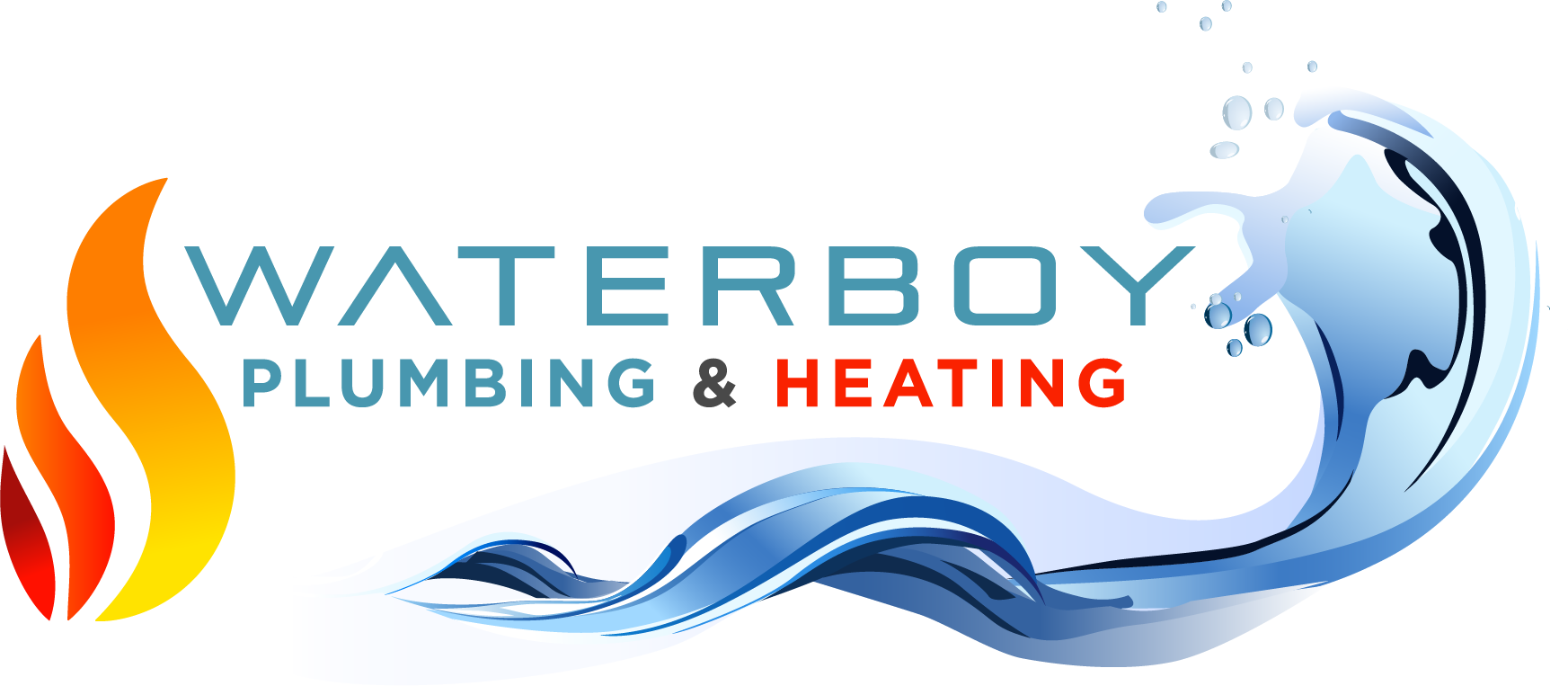If you’ve noticed that one of your radiators isn’t heating up properly — or is completely cold — it can be frustrating, especially in colder months. The good news is, in many cases, this is a common issue that can be easily fixed. As experienced heating engineers, we’ve seen this problem time and time again, and we know how to get your radiator working efficiently again.
Here’s a step-by-step guide on what to do if you have a cold radiator:
1. Check the Thermostat on the Radiator
First, make sure that the thermostat on the cold radiator is turned up. It sounds simple, but sometimes the valve may be stuck or turned off without realising it. Turn the thermostat dial to its maximum setting and see if it begins to heat up.
If it still doesn’t heat, you may have a more complex issue at play.
2. Bleed the Radiator
A common cause of a cold radiator is air trapped inside. This air prevents hot water from circulating properly, causing the radiator to stay cold, especially at the top.
How to Bleed the Radiator:
- Turn off the heating and allow the system to cool down.
- Use a radiator key (available at most hardware stores) to open the valve at the top of the radiator.
- Let the air escape (you’ll hear a hissing sound) until water starts to flow out.
- Close the valve and turn the heating back on.
If bleeding the radiator doesn’t solve the problem, you may need to check for other underlying issues.
3. Check for Blocked or Sludge-Laden Pipes
Over time, sludge and debris can build up in your heating system, particularly in older systems. This can cause a cold radiator if the flow of hot water is blocked or restricted.
If you suspect this is the issue, it’s best to call in a heating engineer. We can carry out a system flush to remove the sludge, restoring proper water flow to all your radiators.
4. Inspect the Valves and Connections
The problem could be as simple as a faulty valve. If your radiator is cold at one end, it could be that the valve on that side isn’t fully open, or there’s a blockage in the pipework.
- Check both the flow and return valves. The flow valve should be fully open to allow hot water into the radiator, while the return valve lets the water flow out.
- If the valves seem fine, but the radiator is still cold, there may be a more complicated issue with the system that requires professional attention.
5. Balance Your Heating System
If only one radiator is cold and others are working fine, your heating system may need to be balanced. Over time, some radiators can receive more hot water than others, especially in larger homes with multiple radiators.
A heating engineer can balance the system by adjusting the valves on each radiator to ensure even heat distribution. This will help the cold radiator get its fair share of hot water.
6. Check the Pressure of Your Boiler
Low boiler pressure can affect the heating of individual radiators. Check the pressure gauge on your boiler — it should typically be between 1 and 1.5 bar when the system is cold. If the pressure is too low, you can top it up using the filling loop on your boiler.
If the pressure is constantly dropping, you may have a leak in the system, and it’s best to call a heating engineer to investigate further.
7. Call a Heating Engineer
If none of the above fixes work, it’s time to call in a professional heating engineer. A heating engineer can diagnose more complex issues, such as:
- A malfunctioning pump
- A faulty zone valve
- Issues with the boiler or system pressure
- Problems within the pipework or radiator valves
A heating engineer will have the right tools and expertise to get your heating system back to full working order.
In Summary:
- Start by checking the thermostat and bleeding the radiator.
- Check for any blockages or sludge build-up.
- Inspect the valves and connections for issues.
- Consider balancing the system if one radiator is cold in a multi-radiator system.
- If the issue persists, check the boiler pressure and call in a qualified heating engineer for expert assistance.
If you ever need help diagnosing or fixing radiator issues, don’t hesitate to get in touch with us by filling in the form below.
